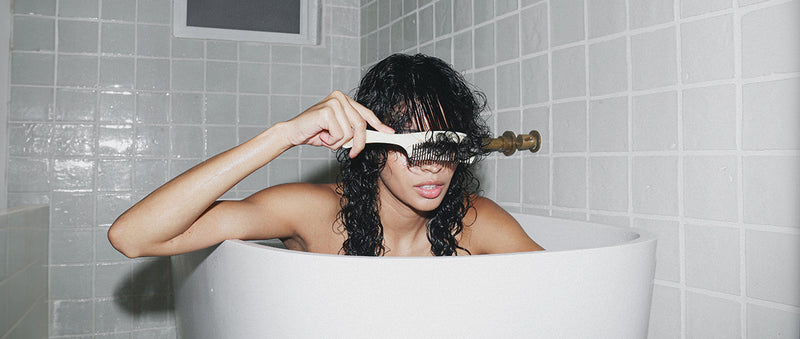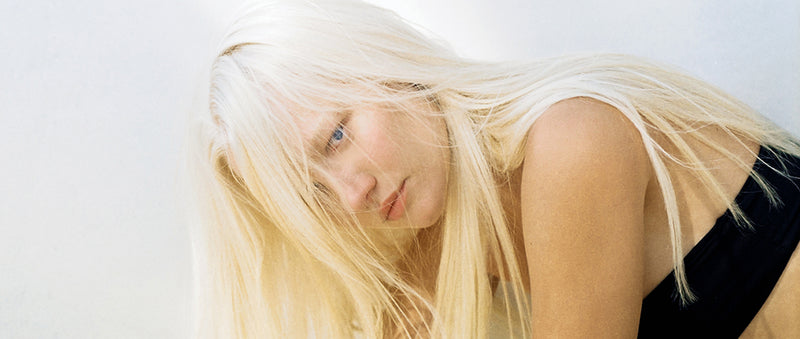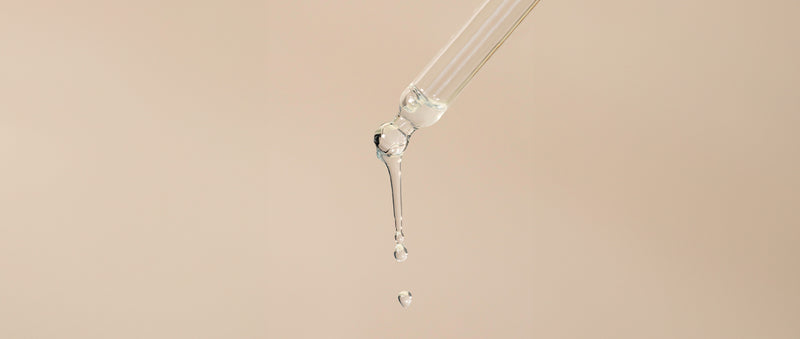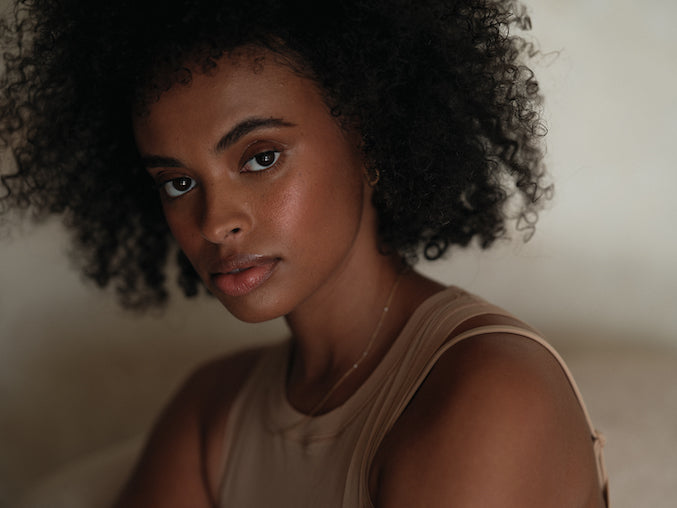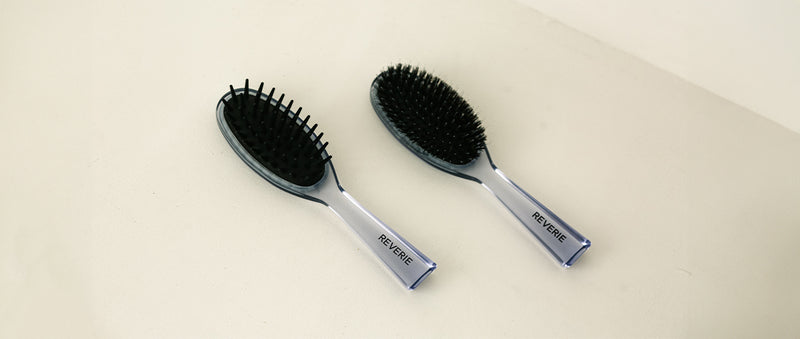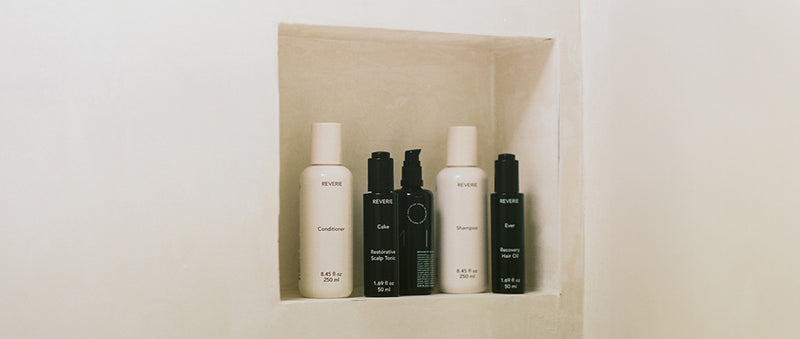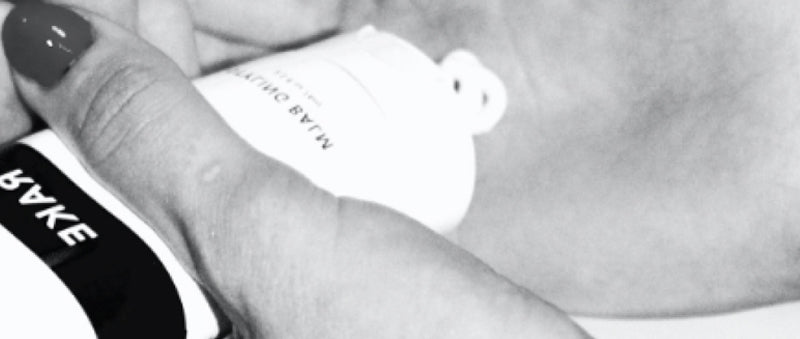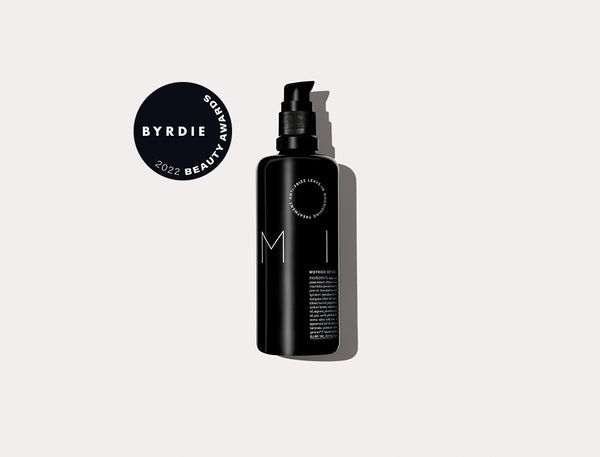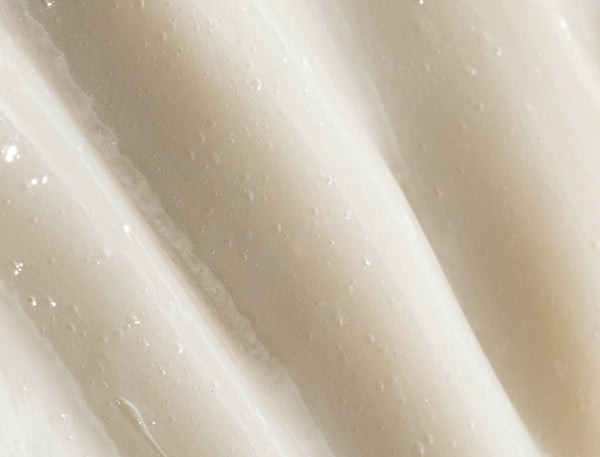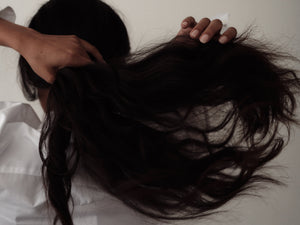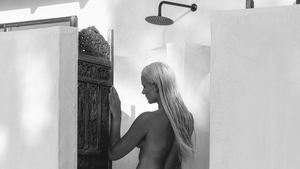What Are Silicones And Why Should You Avoid Them?
There is much debate about silicones, but for us here at Reverie, the answer is clear. Nearly 10 years ago when our first product, an anti-frizz leave-in treatment known as, Milk, launched without silicones it was unheard of. Silicones begin life as a naturally derived mineral, but through a series of chemical reactions end up a non-biodegradable, plastic-y polymer. So why do product companies use silicones? They are cheap, easy to use and provide the superficial appearance of shiny, healthy hair. Formulating products with quality plant-based oils to hydrate, condition, and detangle strands while offering anti-frizz, curl definition, and shine—all without weighing strands down or creating build-up—is much harder and cost intensive.
Most silicones are hydrophobic, acting as a waterproof barrier, so your hairs natural oils aren’t able to penetrate the shaft to provide vital moisture. In turn, your hair produces more oil at the root while the lengths remain dull and dry. Often times this causes a cycle of over-washing and styling which creates even more damage. The end result is hair that is weak, brittle, dull and dry. If you use sulfate-free shampoo, then you definitely need to pass on silicones as these more gentle shampoos are not able to strip away the build-up from silicone based products. You’ll need to use a clarifying shampoo to strip away the build-up silicones create which will also strip away your hairs natural oils, moisture and color (if you dye your hair).
Instead of silicones, opt for plant-based oils like the ones used in Reverie products: marula, babassu, pracaxi, acai, crambe abyssinica, and squalane - that work to improve the appearance of hair by delivering nutrients, minerals, fatty acids and antioxidants 🌱
How to identify silicones in your hair products? Look for ingredients ending in -cone, -conol, silane, and -siloxane. Including dimethicone which is the most commonly used.
